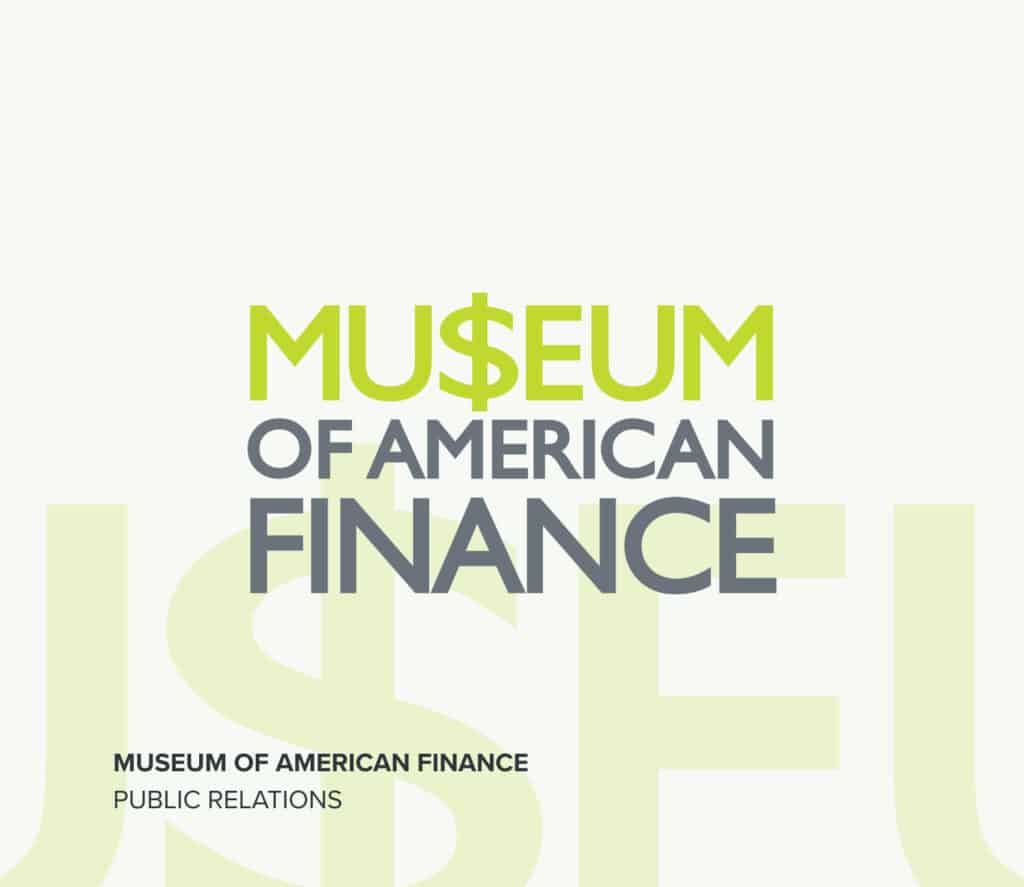Robinhood’s GameStop Frenzy
written by Diana Marszalek
Excerpt from Crisis Review: The Top 20 Crises of 2021 (part 1 of 3)
Robinhood carried a heavy load of baggage into 2021, having the previous year already racked up some serious problems — the threat of being banned in Massachusetts; a $70 million fine from US regulators for misleading customers; and a wrongful death lawsuit filed by the parents of a 20-year-old Robinhood user who believed he lost $730,000.
None of which, though, blew up into a high-profile PR crisis like the investment platform’s response to the GameStop buying frenzy, when it restricted users’ ability to buy GameStop stock — the price of which they drove up at the expense of short sellers on Wall Street.
The move infuriated users, saying they were unfairly cut off from making purchases while hedge fund managers were allowed to continue, and came under fire from lawmakers and regulators. The move also prompted roughly 50 lawsuits, largely tied to users’ claims that Robinhood’s actions cost them money and opportunity.
Industry watchers say that kind of response shows the enormity of Robinhood’s blunders, including the failure to deliver on its promise.
“Robinhood faced such vitriolic criticism from its users because its decision contradicted its core brand identity: an everyman’s trading platform democratizing finance,” said Group Gordon chief strategy officer Andrew Jarrell. “When users took Robinhood up on that value proposition and leveraged the platform to create real chaos in the markets, in the eyes of its users, the platform sided with the evil, institutional financial elites.”
Another factor at play: Robinhood’s positioning as a disrupter in a field with very little, if any, room for freewheeling.
“Robinhood is a high-regulated financial services company trying to play by the move-fast-and-break-things rules of Silicon Valley,” said Eric Hazard, managing director of financial PR firm Vested. “This creates communications challenges when Robinhood’s financial due diligence missteps create experience headaches for their customers, exacerbated by a CEO with a poor understanding of the requirements to run a financial company.”
“If Robinhood wants to affect real change in financial services, the leadership would do well to study the rules by which their company is governed and build a customer experience which begins with trust and open communication. From this foundation, Robinhood can build the trust the company needs to create a more open, participatory market for everyone,” he said.
Robinhood’s reputation tanking also points to failures in leadership, which include having a “revolving door” of communications heads and, in Vladimir Tenev, a CEO whose “manner of communication suggests an undisciplined loose cannon or perhaps a tone deafness when it comes to reading the room,” said Signal Leadership Communication principal Bob Pickard.
“The only way for Robinhood — not one way or a way but the only way — to try and turn things around would be for them to simply establish some continuity in the leadership of their communications team so that this company has a stable foundation on which to build a proper professional public relations function longer-term,” Pickard said.
“During a social media era when doing and saying the right thing at the right time through the right channels in the right sequence striking the right chord in the ‘now’ of sentiment is both more important and more difficult than ever, they have done just about everything wrong,” he said. “The good news is that they should be able to exceed expectations because there are none left.” — DM
Click here to read the full article.


